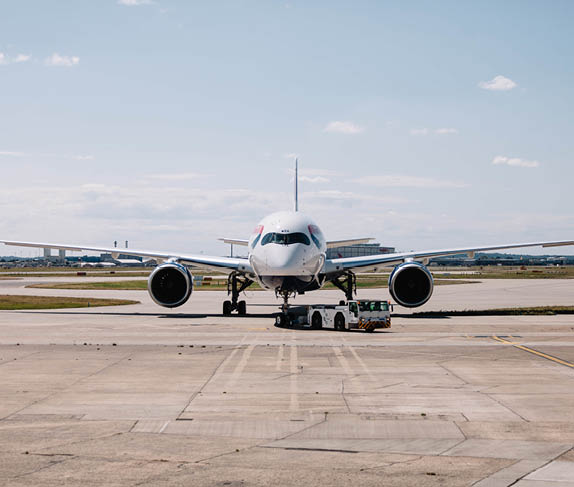Airbus Group says it has reported solid 2015 results with its guidance achieved for all key performance indicators, reflecting continued operational improvement.
“The 2015 results reflect our solid financial and operational performance. We have delivered on our commitments and have maintained our outlook for 2016 and beyond,” said Tom Enders, Airbus Group Chief Executive Officer. “Revenues and EBIT increased from a year earlier, delivering earnings per share growth while free cash flow improved. The record order book supports our commercial aircraft ramp-up plans and we are driving operational efficiency. We have now decided to increase the A330 production rate back to seven aircraft a month in 2017. There was also strong momentum in defence and space, with a book-to-bill ratio above 1. Operational highlights included reaching breakeven on the A380 programme for the first time, delivering 14 A350s in the first year of industrialisation and receiving dual certification for the A320neo. We remain focused on programme execution and managing the challenges we face with the acceleration of the A350 and A400M ramp-ups and A320neo transition. We will increase shareholder returns with a proposed dividend of 1.30 euros a share and our current share buyback.”
Airbus Group order intake in 2015 was €159 billion (2014: € 166 billion), with the order book value reaching a record €1,006 billion as of 31 December 2015 (year-end 2014: €858 billion). Airbus received 1,080 net commercial aircraft orders (2014: 1,456 net orders), including 136 A330s. The 2015 gross orders of 1,190 aircraft included three A380s for new customer ANA. After 50 governmental helicopter cancellations, Airbus Helicopters received 333 net orders (2014: 369 units) including 107 H145s and 36 H175s.
Group revenues increased six percent to €64.5 billion (2014: €60.7 billion). This was mainly driven by Commercial Aircraft which registered an eight percent rise in revenues on higher deliveries of 635 aircraft (2014: 629 units), including 14 A350 XWBs, and the strengthening U.S. dollar. Despite lower overall deliveries of 395 units (2014: 471 units), Helicopters’ revenues rose four percent and mainly reflected a higher level of services activities. Defence and Space’s revenues were broadly stable despite the de-consolidation of launcher revenues with the creation of the Airbus Safran Launchers Joint Venture’s first phase. A total of 11 A400M military transport aircraft were delivered in 2015.
Group EBIT, which excludes material non-recurring charges or profits caused by movements in provisions related to programmes and restructurings or foreign exchange impacts, rose to €4,132 million (2014: € 4,066 million) with increases in all divisions.
Commercial aircraft’s EBIT before one-off rose 10 percent to €2,780 million (2014:
€2,529 million), reflecting a solid operational performance that included the A380 breakeven and cost control.
Helicopters’ EBIT before one-off increased to €427 million (2014: €413 million), as lower deliveries were compensated by higher services activities, a favourable mix and progress on the Division’s transformation plan.
The A350 XWB production ramp-up is accelerating, says Airbus, with a strong focus on the supply chain performance, controlling and reducing the level of outstanding work and managing recurring costs to target. “This remains challenging”, the manufacturer stated.
Despite some schedule setbacks, the A320neo ramp-up preparation is underway with the focus on maturity and service readiness for early operations in line with customer expectations.
Based on the EPS performance, Airbus Group’s Board of Directors will propose to the
Annual General Meeting the payment of a 2015 dividend of € 1.30 per share on 4 May 2016 (FY 2014: €1.20 per share). The record date shall be 3 May 2016.
“Given the solid financial and operational progress during 2015, we are proposing an improved dividend of € 1.30 a share, which represents an eight percent increase over 2014. This is in line with the top end of our stated dividend policy,” said Airbus Group Chief Financial Officer Harald Wilhelm.
As the basis for its 2016 guidance, Airbus Group expects the world economy and air traffic to grow in line with prevailing independent forecasts and assumes no major disruptions.
In 2016, Airbus expects to deliver more than 650 aircraft, and the commercial order book is expected to grow.

